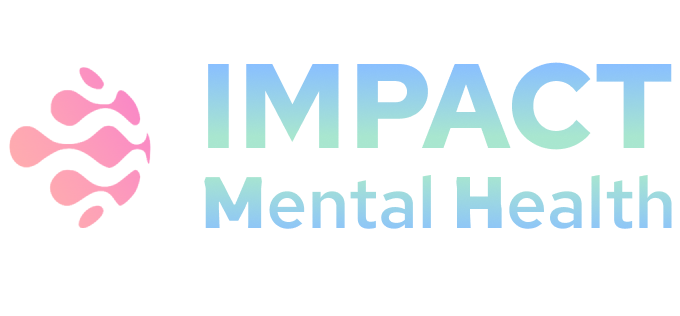
Contact PI
Moriah E. Thomason
Barakett Professor of Child and Adolescent Psychiatry, Department of Child and Adolescent Psychiatry
Professor, Department of Population Health
New York University

MPI
Lauren C. Shuffrey
Assistant Professor, Department of Child and Adolescent Psychiatry
New York University
Project Number
1UF1MH141129-01
Awardee Organization
NEW YORK UNIVERSITY SCHOOL OF MEDICINE
Program Official
Project Description
Externalizing problems, characterized by disruptive conduct, aggression, hyperactivity, attentional problems, and the inability to adequately adapt to new situations, are leading contributors to health burden amongst children and adolescents globally. A recent mental health surveillance among children in the United States indicates one in 11 children have an attention deficit hyperactivity disorder (ADHD) diagnosis. Despite the extraordinarily improved outcomes associated with early diagnosis and targeted intervention, externalizing disorders such as ADHD and oppositional defiance disorder (ODD) are usually only diagnosed after symptoms have clearly emerged and are causing significant impairments in daily functioning. This critical need for early- life prediction of externalizing disorders can now be addressed, thanks to explosive advances in artificial intelligence (AI) and widespread accessibility of remote technology. There is untapped opportunity to bring simple, scalable and accessible solutions to families to improve detection and intervention of early emerging externalizing disorders. Our proposal is responsive to the Individually Measured Phenotypes to Advance Computational Translation in Mental Health Initiative, with the key objective of using computer vision and machine learning based approaches to facilitate early identification of externalizing disorders.
To achieve this, we propose synergistic aims:
Aim 1: Identify maternal-infant health and social determinants of health predictors of externalizing disorders (ADHD, ODD, and conduct disorder (CD)) by employing a suite of machine learning models to leverage an expansive nation-wide, representative cohort of >9M children with birthing parent linkage (Epic Cosmos).
Aim 2: Isolate a parsimonious set of infant and toddler behaviors, derived via computer vision microcoding, by leveraging the expansive Healthy Brain and Child Development (HBCD) study to integrate video, behavioral, cognitive, and survey data from 3,100 infants 9–15 months of age to predict antecedents of psychopathology at 2 years of age; further, evaluate if specific patterns of infant affect, arousal, and attention, as measured by microcoding, will significantly improve the prediction of externalizing problems at age 2 compared to models using caregiver reports and EHR data.
Aim 3: Develop and validate a scalable, remote infant phenoscreening to characterize individual prediction models of externalizing behaviors. We will combine and extend findings from SA1 and SA2 to develop a fully remote, low- cost, brief parent-administered smartphone/web-based screening assessment of infant behavior in a new, nationally representative cohort of 1,500 toddlers at 9–15 months of age. The innovation of this project is three- fold: (i) identification of maternal and infant health predictors of externalizing disorders using large-scale, multi- level data, (ii) addressing structural inequities in healthcare access and time to diagnosis through evaluation of a highly scalable portal for multi-trait assessment at infant age 12 months, and (iii) use of AI to automatically quantify infant behaviors predictive of future externalizing outcomes.
The translational significance of this work will be advancing low cost, accessible, scalable and accurate population screening in infancy; development of more precise interventional targets; and alleviating socioeconomic disparities in diagnosis and intervention.
Public Health Relevance Statement
We will design and employ a remote phenoscreening assessment on a virtual platform that combines maternal self-report with computer vision and machine learning (ML) based analysis of infant behavior to predict externalizing problems at two years of age. Results of this study have potential for direct translation, as novel advances in remote phenoscreening and artificial intelligence make it possible to achieve widespread, real- time health surveillance in naturalistic settings at scale, a goal made even more important in the context of structural inequities in our health care systems.
